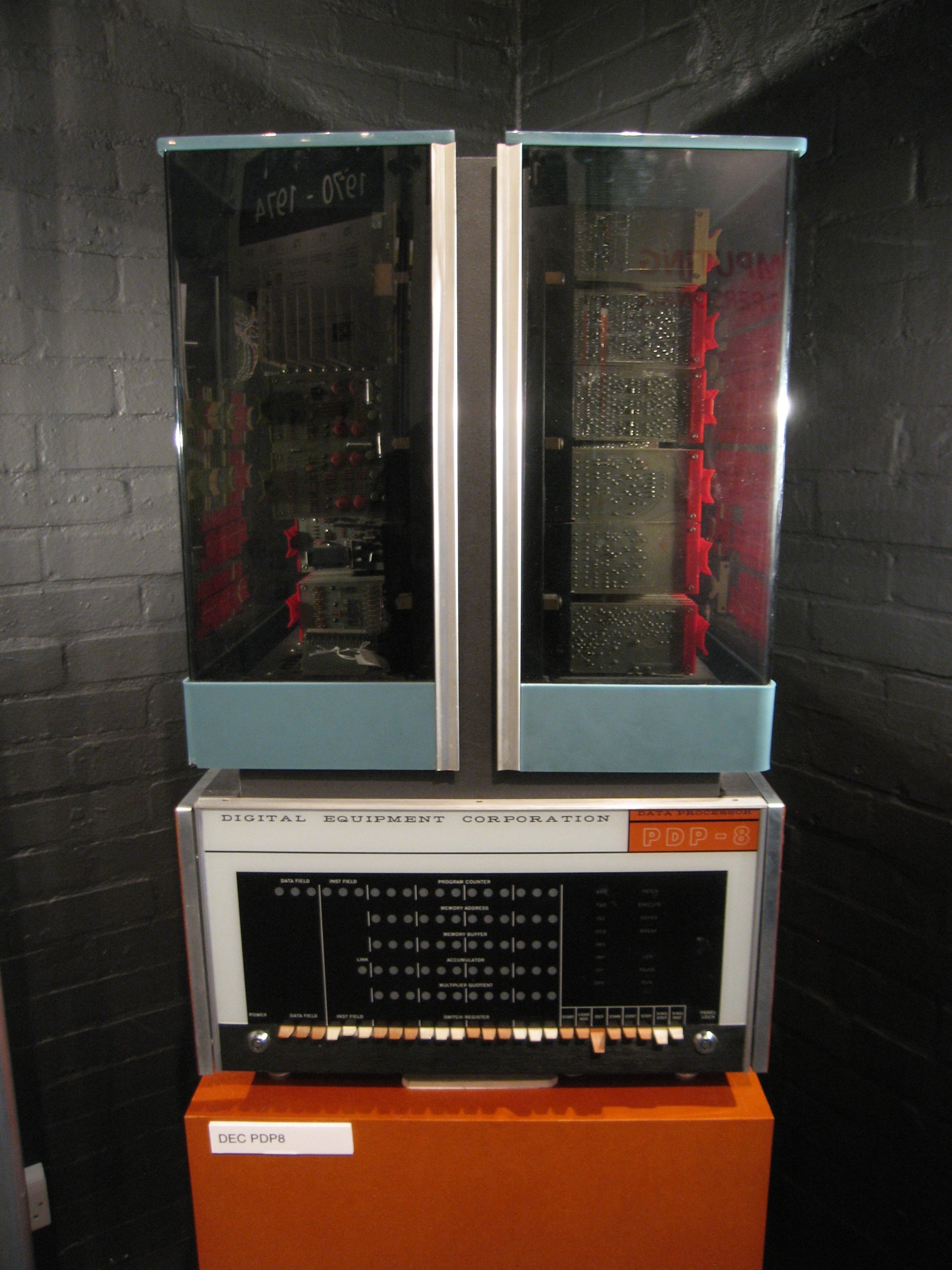We had the privilege of having an amazing guest speaker, Gordon Lane, Jr., Director of Fraud Monitoring, West Virginia State Auditor’s Office. Gordon is a lawyer by trade, but has delved into the world of Artificial Intelligence (AI) to assist the State with fraud monitoring and detection.
Over the last few years the State Auditor's Office has developed an in-house AI fraud detection application. It helps to review all transactions that use State of West Virginia credit cards. They work with DataRobot [www.datarobot.com] (Boston, MA). During COVID-19, DataRobot worked with West Virginia University (WVU) in developing AI as a long-term forecasting and simulation decision intelligence platform for COVID-19.
Gordon explained how Artificial Intelligence helps to analyze relationships with data in meaningful ways. He also discussed machine learning and how they use databases and organize them in a fashion and given some direction. People may be more familiar with natural language models, like Chat GPT. A lot of the critical work is in data engineering and combining data in a larger data set.
There are a variety of activities that the State Auditor’s Office (SAO) conducts to help prevent fraud. One of those is to review State credit card transactions. These credit cards are used by State, County and Public Higher Education Institutions’ employees.
It is a tedious job for an investigator to look through thousands of transactions a day. To apply Artificial Intelligence to an aspect of the work of the State Auditor’s Office requires rethinking the types of data that are needed to potentially detect fraud. The AI uses information from the bank database with all the data of all the daily transactions. It used investigators past determinations to “understand” what future transactions may indicate a risky transaction. Then combine it with additional data sets that may seem unrelated to possibly catch someone using a card for personal use.
So the AI system “learns” about and tries to replicate the experience of the investigator, by SAO staff working to find relationships, and implement feature engineering to help the AI to look for those fact patterns. This helps the SAO to identify risky and safe transactions. Other data sets can also help to refine the ability of the AI to help identify possible risky transactions.
Does it work? Yes, SAO’s first AI project, 97% of the time marked suspected fraud (risky transaction) that the investigator would select. It helped to catch or start investigations into many people in it’s short time. That helps to protect the funds of programs that are for our communities’ benefit.
So, if that can be done, how else can SAO apply AI to their work? Another project SAO is working on is a model to help identify wasteful spending to potentially save money.
Gordon shared with the students that as much as people are worried about AI “controlling” or taking over the world, it is still so early on that it is only fiction in movies.
What else can AI do in the world? It can help with predictive maintenance problems - like giant air conditioning and heating systems for large facilities. Sensors on various parts track when the parts fail or are not working properly, helping people to learn when a system is about to break down. Then it can help predict when a system is about to break down based on sensing what parts are failing. This is being done right here in West Virginia for a large international company.
Now, think about using this towards human health, with a large enough data set and a large enough population, AI can then use that information to help predict when certain diseases can happen or more so at a beginning stage to intervene earlier.
There is a lot of work happening in the development of low code and no code AI systems, using different algorithms that have already been developed. It takes database(s) and searches through a library of algorithms and selects the best algorithm to apply to the project. No code systems still need people who have an understanding of databases and some coding to work with them.
A West Virginia company developing AI is Trilogy Innovations [www.trilogyit.com], growing very quickly, in Bridgeport, WV.
Gordon’s advice if you are interested in getting involved in Artificial Intelligence or Machine Learning:
1. Learn about Data, Coding, Sensors, Rasberry Pi, Problem Solving. There are many good resources online and by large tech companies like Google.
2. Education paths to help be better prepared to work with AI: Computer or Data Engineering / Architecture, Physics and Math major.
3. Stay involved in the WV Coding Club - learn from the speakers who present to this group.
4. Reach out to adults who are working in this field and they would be happy to share. Happy to talk or help connect with others.
Dan McElroy, President of the WV Coding Club, commented, “Gordon has given us all a glimpse into some aspects of what Artificial Intelligence can do to help us be more efficient and effective in what we do. What an amazing talk from an amazing person. Thank you Gordon for your time and insights into this still developing aspect of computer and data science.”
Thank you Gordon for speaking to and sharing this insightful information with the West Virginia Coding Club!
Keep Coding!







